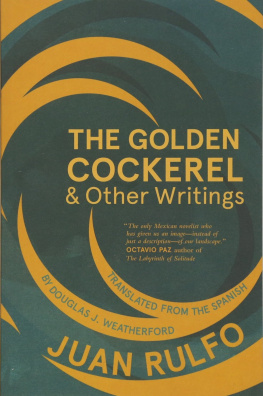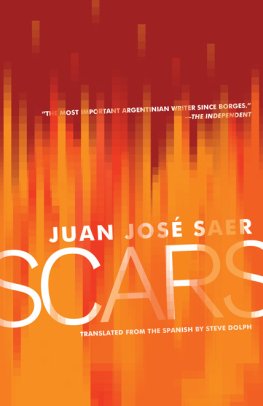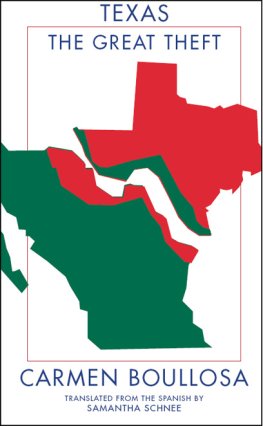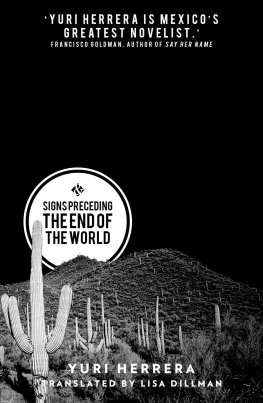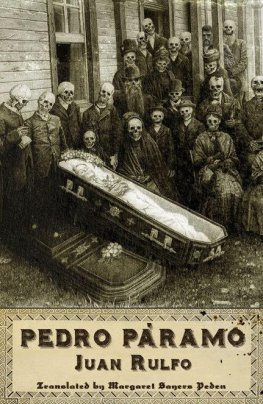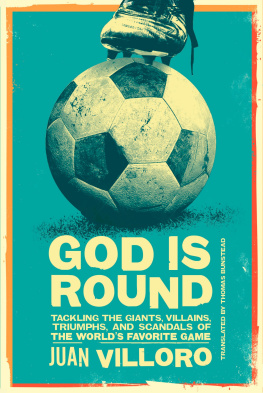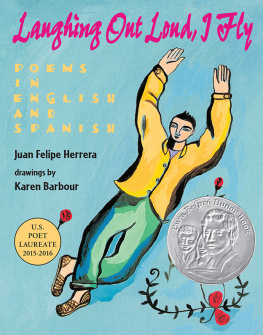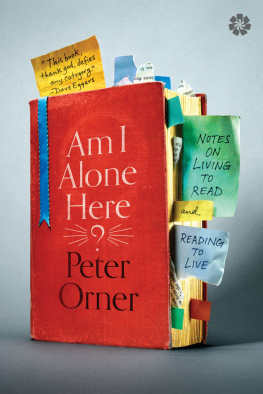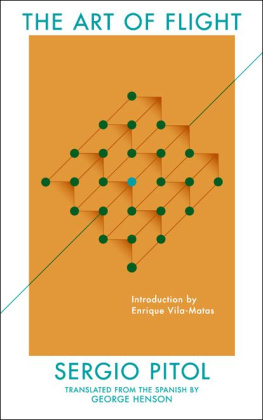

Deep Vellum Publishing
3000 Commerce St., Dallas, Texas 75226
deepvellum.org @deepvellum
Deep Vellum Publishing is a 501C3
nonprofit literary arts organization founded in 2013.
Published by agreement with Agencia Literaria Carmen Balcells, S.A., Barcelona
El Gallo de Oro 1980 Juan Rulfo and Heirs of Juan Rulfo
The Secret Formula 2010 RM and Fundacin Juan Rulfo, Mexico City
A Letter to Clara 2000 Aret, Mexico City
Life Doesnt Take Itself Very Seriously 1988 Era, Mexico City
A Piece of the Night 1988 Era, Mexico City
After Death, My Aunt Cecilia, Cleotide, My Father, Same as Yesterday, ngel Villalpando Was Drunk, He Was on the Run and Hurting, The Discoverer, ngel Pinzn Paused 1994 Era, Mexico City
Castillo de Teayo 2002 RM, Mexico City
English translation copyright 2017 by Douglas J. Weatherford
First edition, 2017.
All rights reserved.
ISBN: 978-1-941920-58-9
LIBRARY OF CONGRESS CONTROL NUMBER: 2016959432
The Golden Cockerel & Other Writings is published with the support of Brigham Young University College of Humanities.
Cover design & typesetting by Anna Zylicz annazylicz.com
Text set in Bembo, a typeface modeled on typefaces cut by Francesco Griffo for Aldo Manuzios printing of De Aetna in 1495 in Venice.
Distributed by Consortium Book Sales & Distribution (800) 283-3572 cbsd.com
INTRODUCTION TO
The Golden Cockerel and Other Writings
Juan Rulfo, according to one of the most persistent myths in the Latin American literary tradition, wrote only two books of fiction: a collection of short stories titled The Plain in Flames (El Llano en llamas, 1953) and a novel, Pedro Pramo (Pedro Pramo, 1955), whose title refers to the works overbearing male protagonist. This is the literary biography of Rulfo that I learned as an undergraduate major of Spanish in the mid-1980s and it is a fabrication that continues to be told about one of the most significant writers of the twentieth century. The assertion diminishes the valuable contributions that Rulfo made as a semi-professional photographer and as a writer in the Mexican film industry. More importantly, it ignores the existence of a short novelThe Golden Cockerel (El gallo de oro, c. 1956)that routinely and unjustly has been marginalized from the Mexican authors literary canon. Indeed, the exclusion of The Golden Cockerel has been so complete that, until now, no full translation has appeared in English. The Golden Cockerel and Other Writings happily fills this void. The other writings that accompany Rulfos second novel in the present anthology include a diverse and significant gathering of additional items penned by the author, but never included in The Plain in Flames. As such, The Golden Cockerel and Other Writings offers English-speaking readers a unique opportunity to look beyond Rulfos most famous volumes and reconsider the creative legacy of one of Mexicos most beloved and influential writers.
JUAN RULFO: A BRIEF BIOGRAPHY
Juan Rulfo was born in 1917 in southern Jalisco, a region acutely affected by the brutality of the Mexican Revolution (1910-1917) and the Cristero Revolt (1926-1928). This turbulent period gave birth to modern Mexico and continues to shape that nations contemporary politics, culture, and literature. Rulfos early years were influenced by this period of violence, culminating in 1923 when his father was killed in a dispute whose origins remain vague to this day. Rulfo was six years old. His mother never recovered from the loss and died in 1927 at 32 years of age. As an orphan, Rulfo would live in a boarding school in Guadalajara, the capital of the state of Jalisco, until late adolescence when he moved to Mexico City. Although he would move between these two large cities before settling in the nations capital, Rulfo remained deeply attracted to the small towns and countryside of rural Mexico in general and of his home state in particular.
By the early 1950s, Rulfo had abandoned his hopes of obtaining a university education (hindered in part by frequent student strikes), had worked for the government as an immigration official, and had endured an unpleasant period working for the Goodrich-Euzkadi tire company, first as a foreman and later as a traveling representative. Rulfo quit his job when he received a grant from the Mexican Writers Center (Centro Mexicano de Escritores) and published a collection of short fiction, The Plain in Flames (El Llano en llamas). A second grant funded his first novel, Pedro Pramo. This innovative work challenged traditional narrative forms and helped usher in the so-called Boom of Latin American literature that would include such renowned writers as Carlos Fuentes (Mexico), Julio Cortzar (Argentina), and Nobel laureates Gabriel Garca Mrquez (Colombia) and Mario Vargas Llosa (Peru). Rulfo burst onto the literary scene and, despite a relatively small corpus of published texts, the Jalisco native captured the imagination of readers around the world. To be sure, Garca Mrquez never wavered in his praise of Rulfos first novel, declaring that it was upon reading Pedro Pramo in the mid-1960s that he finally felt prepared to write One Hundred Years of Solitude (Cien aos de soledad, 1967), a novel that many consider Latin Americas most significant literary creation. The more than half-century that has passed since the publication of Rulfos fiction has not diminished the authors appeal. Indeed, recent surveys of readers, writers, and academics suggest that he remains one of Mexicos most read authors at home and abroad, as new translations of his work continue to appear around the globe.
In 1962, Rulfo took an editing position at Mexicos important National Indigenist Institute (Instituto Nacional Indigenista) and remained with that organization for the remainder of his life. Although he would continue to be creativeincluding a limited foray writing for film, the reserved and self-critical Rulfo mostly ignored his readers pleas for further volumes. The most important deviation from this trend was The Golden Cockerel, a novel that the writer penned between 1956 and 1957 and published (perhaps reluctantly) in 1980. That same year, Rulfo released a collection of photographs (Juan Rulfo: Homenaje nacional) that revealed another aspect of his creative endeavors. Although he would mostly stop taking photographs by the early 1960s, the author had practiced the art form seriously during the 1940s and 1950s and exhibited his work for the first time in a small showing in Guadalajara in 1960. Recent publications have made many of Rulfos images available, enhancing the authors reputation as one of his nations premier photographers.
Rulfo received Mexicos National Prize for Literature (Premio Nacional de Literatura) in 1970, was elected to the Mexican Academy of Language (Academia Mexicana de la Lengua) in 1980, and received the Prince of Asturias Literary Prize in Spain in 1983. Rulfo married Clara Aparicio Reyes in 1948 and the couple had four children: Claudia, Juan Francisco, Juan Pablo, and Juan Carlos. The two youngest siblings have continued their fathers creative legacy: Juan Pablo as a renowned artist and Juan Carlos as one of Mexicos most decorated documentary filmmakers. Rulfo suffered from lung cancer in his final months and died on January 7, 1986 at his home in Mexico City.
THE GOLDEN COCKEREL: THE HISTORICAL, CULTURAL, AND GEOGRAPHICAL BACKGROUND
Next page
